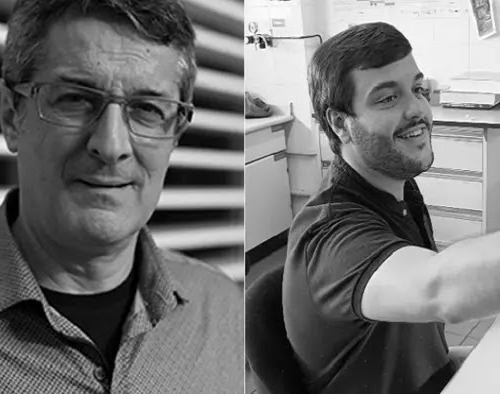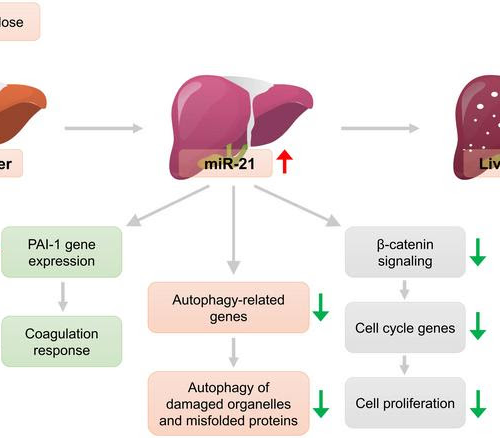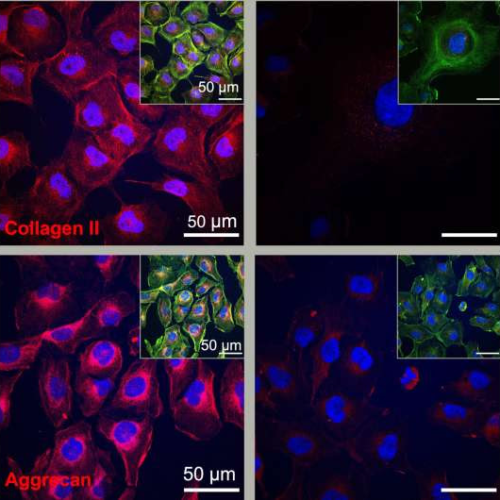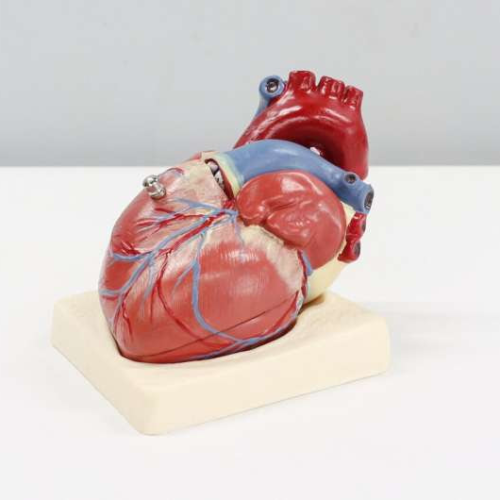News Release 19-Sep-2024 Peer-Reviewed PublicationThe Hebrew University of Jerusalem A new study reveals that reprogramming specialized cells to become different types of cells, a key process in regenerative medicine, faces a major hurdle. The challenge lies in the DNA methylation patterns of the cells, which are like cellular “memory” markers. This study reveals that these...
Tag: <span>RT</span>
Researchers decipher new molecular mechanisms related to biological tissue regeneration
News Release 29-Jul-2024 Drosophila: a model for studying human diseases Peer-Reviewed PublicationUniversity of Barcelona image: From left to right, experts Florenci Serras, research leader, and José Esteban-Collado, first author of the article. Credit: UNIVERSITY OF BARCELONA A study lead by the University of Barcelona opens new perspectives to better understand how the molecular mechanisms involved...
Molecular targets of microRNAs during liver regeneration after acute injury: Recent advances
News Release 29-Jul-2024 Peer-Reviewed PublicationXia & He Publishing Inc. image: Upregulation of miR21 during APAP hepatotoxicity inhibits hepatocyte proliferation by downregulating the β-catenin signaling pathway. Additionally, miR21 overexpression affects liver repair by inducing changes in gene expression, leading to the downregulation of autophagy and haemostasis. APAP, acetaminophen. The liver, a vital organ involved in numerous...
New study shows ‘dancing molecules’ can regenerate cartilage in 3 days
by Amanda Morris, Northwestern University Cartilage cells generate more protein components (collagen II and aggrecan) for regeneration when treated with fast-moving dancing molecules (left) compared to slower moving molecules. Credit: Stupp Research Group/Northwestern UniversityIn November 2021, Northwestern University researchers introduced an injectable new therapy, which harnessed fast-moving “dancing molecules,” to repair tissues and reverse paralysis...
Cardiomyocytes study discovers new way to regenerate damaged heart cells
MAY 31, 2024 by Olivia Dimmer, Northwestern University Credit: Unsplash/CC0 Public Domain Northwestern Medicine scientists have discovered a way to regenerate damaged heart muscle cells in mice, a development that may provide a new avenue for treating congenital heart defects in children and heart attack damage in adults, according to a study published in the...




